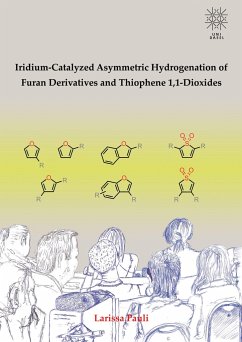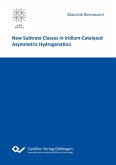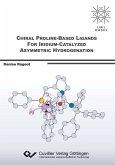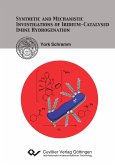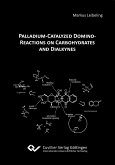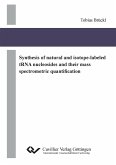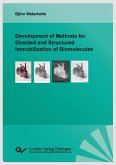The main focus of the research presented in this dissertation was to broaden the substrate scope of the iridium-catalyzed asymmetric hydrogenation of heterocyclic compounds. In view of the fact that a widely applicable hydrogenation system for the reduction of structurally diverse furans and benzofurans is to date not available, a thorough investigation of furan, benzofuran and thiophene 1,1-dioxide derivatives was carried out. Mono- and disubstituted furan derivatives were synthesized and submitted to iridium-catalyzed hydrogenation reactions. While 3-substituted furans were reduced using a catalyst based on a cyclopentane-annulated bicyclic pyridine-phosphine ligand with high enantiomeric excess (95¿99% ee) and conversion (83¿99%), 2-substituted counterparts proved to be less reactive (80¿97% conv., 65¿82% ee) with the same catalyst. Asymmetric hydrogenation of 2,4-disubstituted furans proved to be challenging for several reasons, not least because of the problem of controlling the cis/trans selectivity. Surprisingly, in the iridium-catalyzed hydrogenation of 3-substituted benzofurans only one catalyst, based on the cyclohexane-annulated pyridine-phosphinite ligand, showed high activity and enantioselectivity (75¿89% conv., 91¿92% ee), whereas the five-membered ring analog suffered from moderate activity and enantioselectivity. In contrast, the 2-alkyl substituted benzofurans gave superior results (99% conv., 97¿99% ee). Disubstituted thiophene 1,1-dioxides were also investigated in the iridium-catalyzed asymmetric hydrogenation. The hydrogenation of 3,4 disubstituted thiophene 1,1 dioxides using a catalyst based on a cyclopentane-annulated bicyclic pyridine-phosphine ligand gave inferior results to those obtained with their 2,5 disubstituted counterparts.
Hinweis: Dieser Artikel kann nur an eine deutsche Lieferadresse ausgeliefert werden.
Hinweis: Dieser Artikel kann nur an eine deutsche Lieferadresse ausgeliefert werden.

